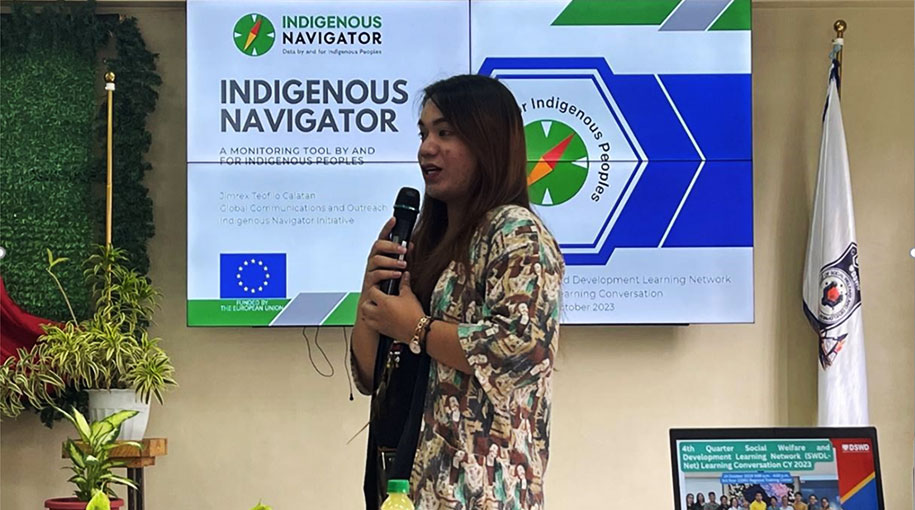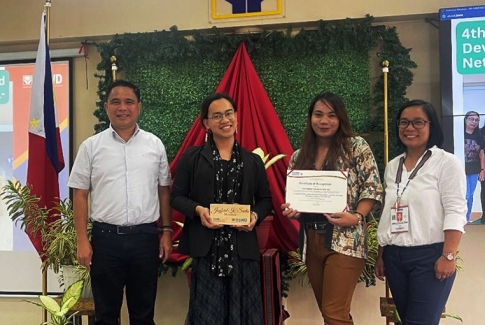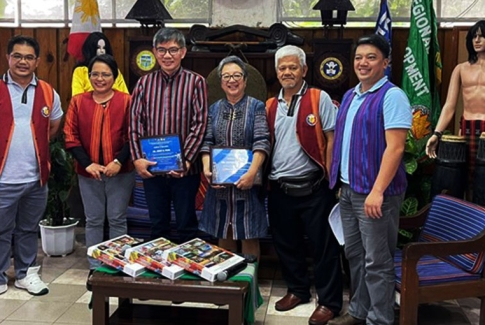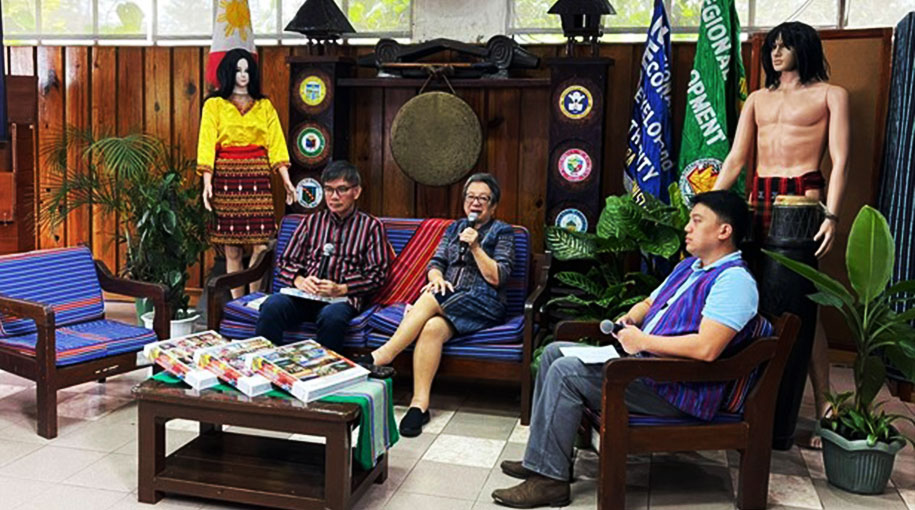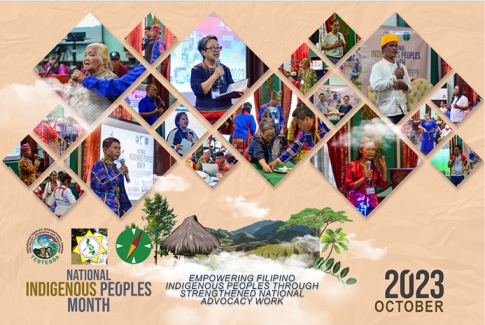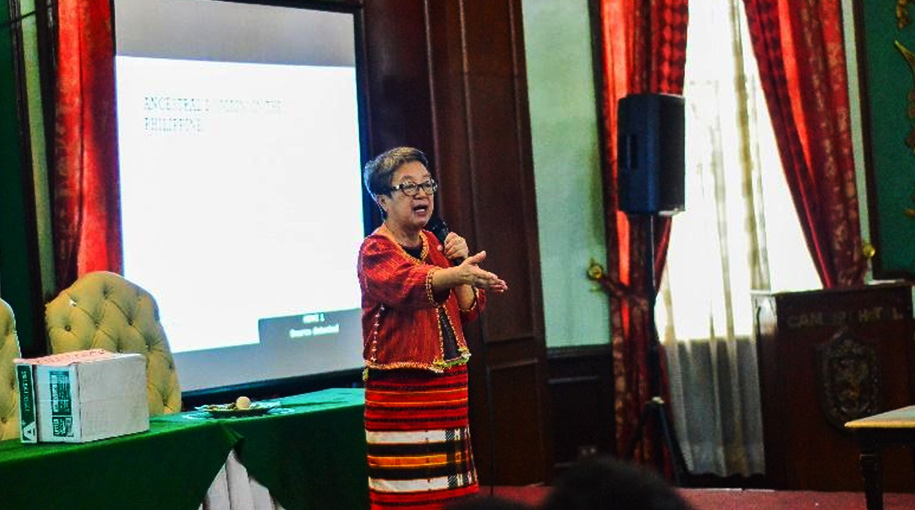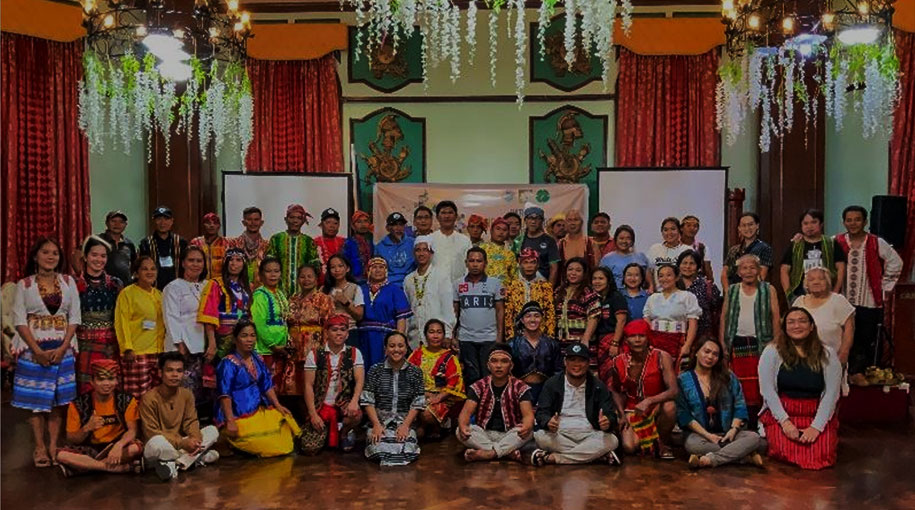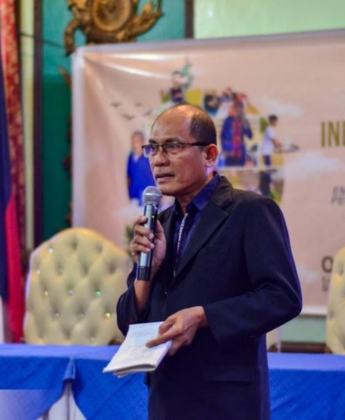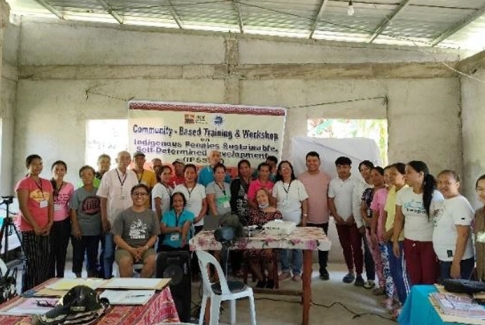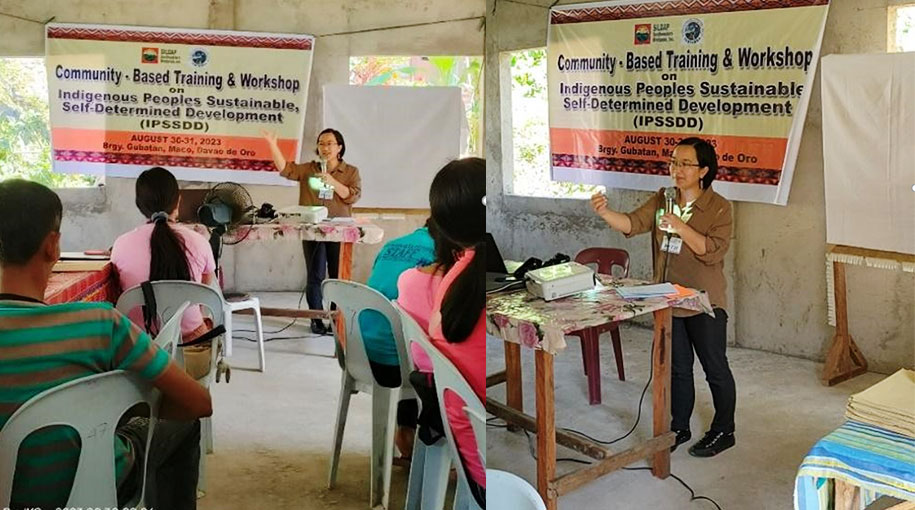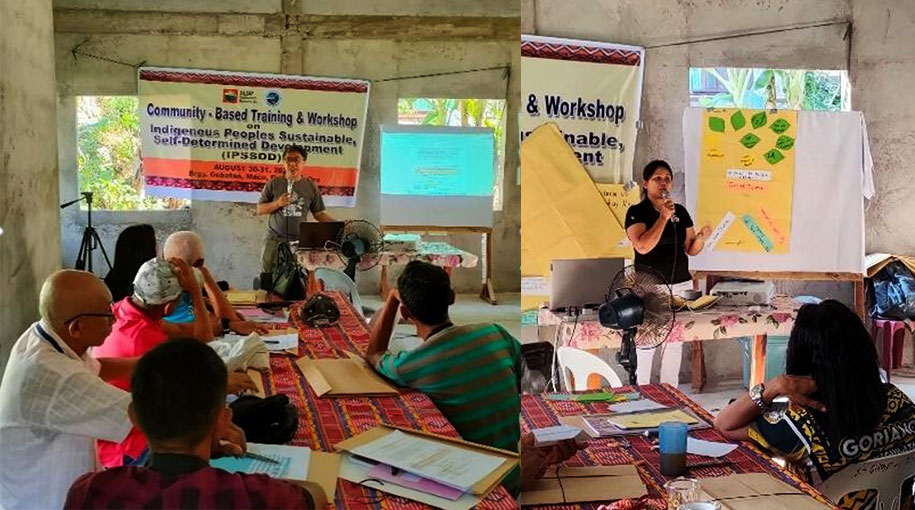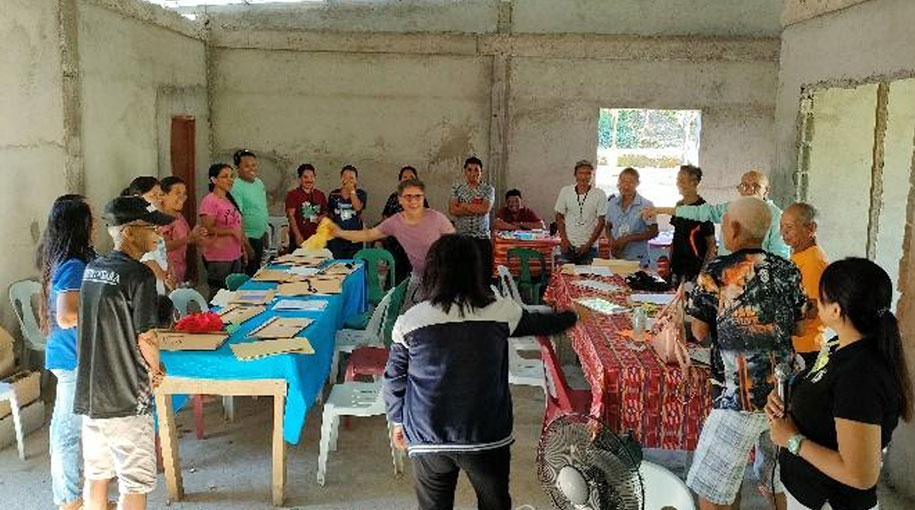
On October 5, 2023, during the three-day celebration of the National Indigenous Peoples Month at Camelot Hotel, Quezon City, Philippines co-organized by the Ugnayang Pambansa para sa Katutubong Kaalaman at Talino (UPAKAT) Inc. and the Indigenous Navigator (IN) through Tebtebba, community voices resonated with the impact of IN’s monitoring and the transformative community-led data gathering.
The Indigenous Navigator initiative is more than just knowledge sharing. It is also about equipping communities with the tools and know-how to monitor and uphold their rights within their territories. It started in 2007 when the United Nations Declaration on the Rights of Indigenous Peoples (UNDRIP) was adopted signaling the need for watchfulness. Monitoring became a lifeline, detecting gaps, holding duty-bearers accountable, and paving the way for meaningful implementation.
So, what exactly is under the watchful eyes of the IN?
Emma Dacquigan, program officer of the Indigenous Navigator, emphasized that it is not just the implementation of the UNDRIP; it is the also about the emphasis of core human rights values, the Sustainable Development Goals (SDGs), and the World Conference on Indigenous Peoples (WCIP). Gender equality is not overlooked either; it is a vigilant guardian ensuring no voice is left unheard.
The initiative has already made impacts on three Philippine municipalities—Binga, San Vicente (Palawan); Carmen and Pigcawayan (North Cotabato); and Benuan, Kuya, South Upi (Maguindanao) where stakeholders actively participated in planning and reviewing, leading to a thorough data-gathering process. Afterward, validation within the community was conducted which ensured the accuracy of the gathered information.
During the event, community representatives shared their experiences as they expressed gratitude for being part of the IN project.

Elinita Orquesta of Samahan ng mga Katutubong Tagbanuang Tandulanen sa Binga (SAKATTABI) in Palawan, shared gratitude for their involvement in the project despite their remote location. Their team of five researchers underwent training in Puerto Princesa before commencing data gathering. Initial findings revealed positive access to health services through various agencies but highlighted challenges in education, particularly the distant senior high schools hindering college opportunities for students. Unfortunately, their community faces distressing land issues with ancestral lands lost and ongoing struggles with logging activities, even amid applications for their Certificate of Ancestral Domain Title (CADT).

Billy Pobre, representing Erumanen ne Menuvu Kamal in North Cotabato, shared their journey with the Indigenous Navigator initiative, starting in 2018 as one of the key informant interviewees. The data collected helped shape their project, resulting in the creation of an orthography with the aid of Tebtebba and the University of the Philippines. Despite acknowledging the time-consuming nature of data gathering, they found it immensely rewarding. Their exploration led to a deeper understanding of their people's history, aided by IN's assistance in collecting cultural data. Challenges like time management were overcome by conducting data gathering during weekends with volunteers, and leveraging social gatherings for interviews. They highlighted the alarming decline of indigenous languages and gained a clearer insight into Erumanen’s culture, history, and identity. The data gathered serves as a baseline for their activities, aiding in partnerships and expanding their network.
Bendrick Angit, from Lambangian Peoples Organization in Maguindanao, summarized their project duration from June to August, unveiling critical findings in their areas. They identified significant gaps in education, noting the absence of daycare centers in several locations. Health facilities lacked infrastructure and staff, impacting community access. Government benefits like the 4Ps and SSS were inaccessible to many. Disturbingly, instances of harassment and human rights violations, including land grabbing and armed conflict, emerged from their interviews.

Also, from LPO, Roel Datuwata shared insights involving six volunteers conducting data gathering across six “fenuwo” (clusters of villages). This process significantly broadened their knowledge. Despite challenges like rains during Focus Group Discussions (FGDs), they enjoyed these sessions and successfully gathered data. They highlighted cases of domestic violence in Barangay Pilar, where social status hindered justice. Land issues and resource struggles were specific concerns. They noted challenges in education, with many children unable to attend school due to the distance of the school from their homes and obstacles like difficult river crossings.
In the end, IN stands as a testament to the power of collective action, emphasizing that no community should be left behind. It is an example of how partnership and shared goals can pave the way for a brighter, more equitable future for indigenous peoples. ###
